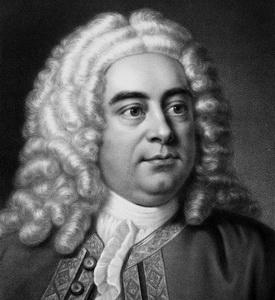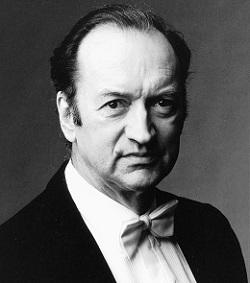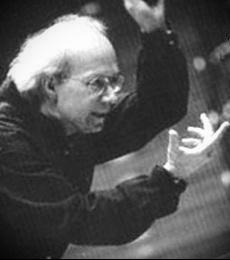
The 4th century AD. Valens, the governor of Antioch (occupied by the Romans) issues a decree that in honour of Diocletian`s birthday all citizens will offer sacrifice to Roman goddesses Venus and...Read more
The 4th century AD. Valens, the governor of Antioch (occupied by the Romans) issues a decree that in honour of Diocletian`s birthday all citizens will offer sacrifice to Roman goddesses Venus and Flora on pain of punishment, and puts Septimius in charge of enforcing this.
Didymus, a soldier asks that citizens whose consciences prevent this be spared punishment, which Valens dismisses. Septimius suspects Didymus is a Christian and affirms his own loyalty to the rule but would also like to be tolerant of others. In the Christian community, Theodora (a princess) and her friend Irene are worshipping when a messenger brings news of Valens` decree. Irene prevents them dispersing and they reaffirm their faith. Theodora speaks out when Septimius comes to arrest them - Theodora is not punished by death (an option she would prefer to her actual punishment of enforced prostitution) and is led away. Irene informs Didymus who goes in the hope of either rescuing her or dying with her. The first Act closes with a chorus of Christians praying for the mission`s success. At the start of the second Act the festival is in full swing. Valens sends Septimius to tell Theodora that if she doesn`t join in with the festival by the end of the day, he will send soldiers to rape her, which excites the soldiers. Theodora is frightened in the brothel, but her mood changes in contemplation of the after life. By persuading Septimius of his Christianity and also love for Theodora, Didymus gets access to her cell with his helmet concealing his identity, offering an escape. Fearing threats to her integrity and wishing to stay true to her faith, Theodora asks Didymus to kill her but he convinces her that God will save them. He gives her his uniform, and thus disguised, Theodora escapes, leaving Didymus in her place. As the third part opens the Christians celebrate Theodora`s safe return. However she is guilty that she endangered Didymus`s life to do this. A messenger informs them Didymus has been captured and Valens has changed her punishment to death. Irene protests, but Theodora goes to offer herself in Didymus` place. As Valens sentences Didymus, Theodora enters demanding that she die and Didymus be saved. Both Didymus and Theodora argue that they should die in place of the other. Septimius is moved by this, and pleads for clemency. Valens, however, condemns both to death and they sing a duet to their immortality. Õ Close Show records by: listenings count | performer's rating | alphabetical
Nikolaus Harnoncourt
(conductor)
,
Roberta Alexander
(soprano),
Jochen Kowalski
(contertenor),
Hans Peter Blochwitz
(tenor),
Concentus Musicus Wien,
Arnold Schîånberg-Chor


Emmanuelle Haim
(conductor)
,
Anne-Sofie von Otter
(mezzo-soprano),
Paul Agnew
(tenor),
Le Concert d`Astree Ensemble


Theodora – Dawn Upshaw, soprano, Didymus – David Daniels, countertenor, Septimius – Richard Croft, tenor, Irene – Lorraine Hunt, mezzo-soprano, Valens – Frode Olsen, bass. The Glyndebourne Chorus, Orchestra of the Age of Enlightenment (on period instruments). Conductor – William Christie. Recorded in May and June 1996
Johannes Somary
(conductor)
,
Heather Harper
(soprano),
Maureen Forrester
(contralto),
English Chamber Orchestra




Alexander Rudin
(conductor)
,
Henriette Bonde-Hansen
(soprano),
Tim Mead
(countertenor),
Chamber Orchestra `Musica Viva`,
Vocal ensemble «Intrada» (Moscow)
Harry Bicket
(conductor)
,
Julia Bullock
(soprano),
Joyce DiDonato
(mezzo-soprano),
Jakub Jozef Orlinski
(hautecontre),
Orchestra of the Royal Opera House
|
||







